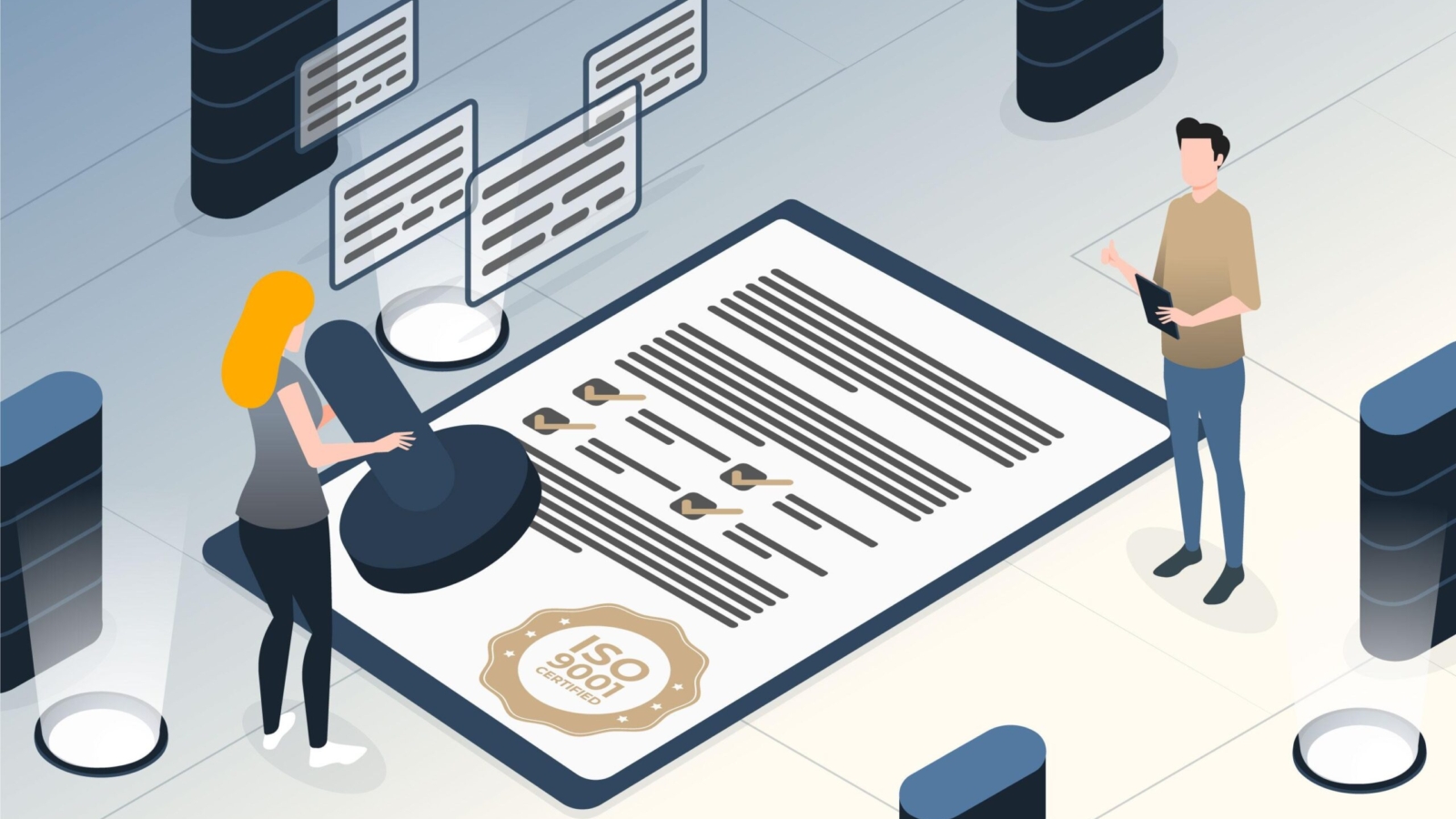The legal industry which has long been associated with tedious human work and manual process is experiencing a silent but potent revolution. A key aspect of this transformation is the concept of artificial intelligence (AI), the new technology which transforms the way legal professionals perform document analysis, data interpretation and produce the outcomes.
Analyzing legal documents is not a very fast procedure. Sometimes lawyers have to go through piles of paper after perusing contracts and regulatory filings, reviewing case law and due diligence documents. This does not only take a lot of time but also provides an opportunity to make a mistake, overlook and inconsistencies. This is where AI comes in, where it provides rapidity, precision, and scalability that the conventional approaches cannot come close to.
How AI Transforms Legal Document Analysis
AI tools are now being used with natural language processing (NLP) to facilitate faster interpretation of complex documents in the legal field, as well as machine learning and predictive analytics. Those technologies are able to pluck out the main clauses, reveal risky phrases, spot discrepancies, and even recommend amendments in legal texts.
As an illustration, when conducting a contract review, AI can automatically point out any clauses of indemnity, termination, or confidentiality, work that would previously take hours of a lawyer and the work is instantly done. On the same note, AI can also flag anomalies in the standard terms or name obligations and timelines, which would otherwise be disregarded.
AI in litigation and e-discovery allows one to search through thousands of emails, documents, and filings and find relevant information much quicker. The more sophisticated AI will be capable of not only finding patterns or discovering obscured links that could be essential in proving a case.
Benefits for Legal Professionals
Cost Savings: Firms can transfer resources and redeploy resources, saving on billable hours on low value repetitive tasks through automation.
Better Accuracy: AI readily reduces human error, and the analysis will be more homogenous and solid.
Scalability: AI is able to work with major loads of data without poor performance regardless of whether it is a single document or a complete database.
Improved Understanding: Artificial intelligence does not read the document, but understands. It allows drawing conclusions about the trends and patterns that can be used to give recommendations on legal strategies to be implemented.
The Human Element Still Matters
Though AI has great benefits, it does not substitute fine judgment and reasoning of an experienced lawyer. Rather, it augments human ability by automating the chin stroking, capital intensive aspects of law. Lawyers would, then, be able to work on more valuable activities such as negotiation, lobbying, and advising the clients.
Looking Ahead
Analysis of legal documents with the help of AI continues to develop. The possible applications will keep growing as models and training data get more sophisticated. Compliance with regulations, management of contract lifecycle, risk assessment: these are only some of the rows where AI already plays a significant role.
To sum up, AI cannot be discussed as a technological update to the legal profession, but as a paradigm shift in the nature of the legal work. Adopting this change would help the firms to work smarter, serve the clients with greater efficiency, and remain competitive in the more digitalized world.


Add a Comment